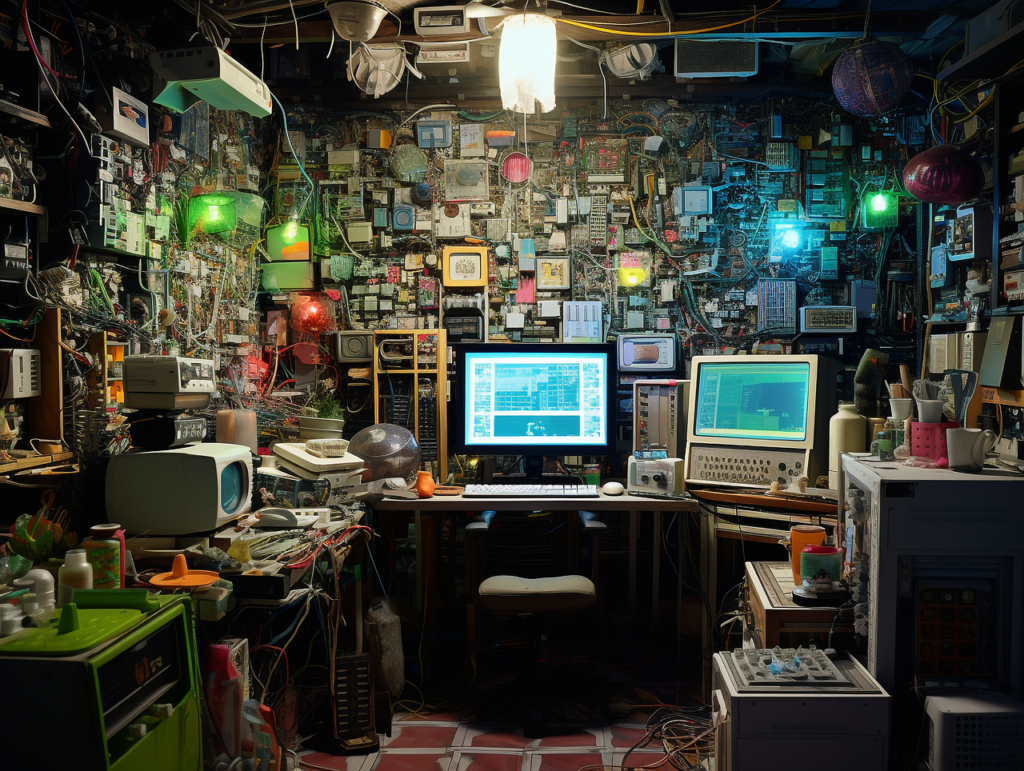Artificial intelligence (AI) is rapidly transforming our world, and the workplace is no exception. From automating repetitive tasks to powering intelligent decision-making, AI is poised to significantly impact how we work. But, is AI a friend or foe in the workplace? This article explores the evolving landscape of AI in the Workplace and its potential to both disrupt and revolutionize the job market.
The Rise of Automation: Reshaping the Workplace
One of the most significant concerns surrounding AI in the Workplace is automation. Repetitive tasks like data entry, scheduling, and basic customer service are prime targets for AI-powered automation. As AI algorithms become more sophisticated, even jobs requiring more complex analysis and decision-making might be susceptible. A 2017 study by McKinsey Global Institute estimated that automation could displace up to 800 million jobs worldwide by 2030.
AI as a Partner: Boosting Productivity and Human Potential

However, AI in the Workplace isn’t just about replacing human workers. AI can be a powerful tool to augment human capabilities. Imagine AI assistants handling administrative tasks, freeing up human employees to focus on more creative and strategic endeavors. AI can also analyze vast amounts of data to identify patterns and trends that humans might miss, leading to better decision-making and problem-solving across the organization.
The Human Touch: Skills Needed in the AI-Powered Workplace
While some jobs may be displaced by automation in the AI-powered workplace, new ones will undoubtedly emerge. The key will be adapting to the changing landscape. The skills most in demand will likely be those that complement AI, such as:
Critical thinking and problem-solving: The ability to analyze situations, identify problems, and develop creative solutions will be crucial.
Communication and collaboration: Effectively communicating ideas and working collaboratively with both humans and AI will be essential.
Adaptability and lifelong learning: The ability to learn new skills and adapt to changing technologies will be paramount for success in the AI-powered workplace.
The Future of Work: A Human-AI Partnership
The future of work won’t be a battle between humans and machines, but rather a collaborative partnership. By embracing AI in the Workplace as a tool and developing the necessary skills, we can leverage its potential to improve efficiency, productivity, and innovation.
Here are some steps individuals and organizations can take to thrive in the AI-powered workplace:
Invest in reskilling and upskilling: Individuals should continuously learn new skills to stay relevant. Organizations can provide training programs to equip their workforce for the future of work.
Focus on human-centric design: AI systems should be designed to complement human strengths, not replace them.
Prioritize ethical considerations: As AI becomes more integrated into the workplace, ethical considerations like bias and transparency need to be addressed.
Conclusion
AI is here to stay, and its impact on the Workplace will be profound. By understanding the potential benefits and challenges of AI in the Workplace, we can navigate this transformation and ensure a future where AI works for us, not against us.

Leave a Reply